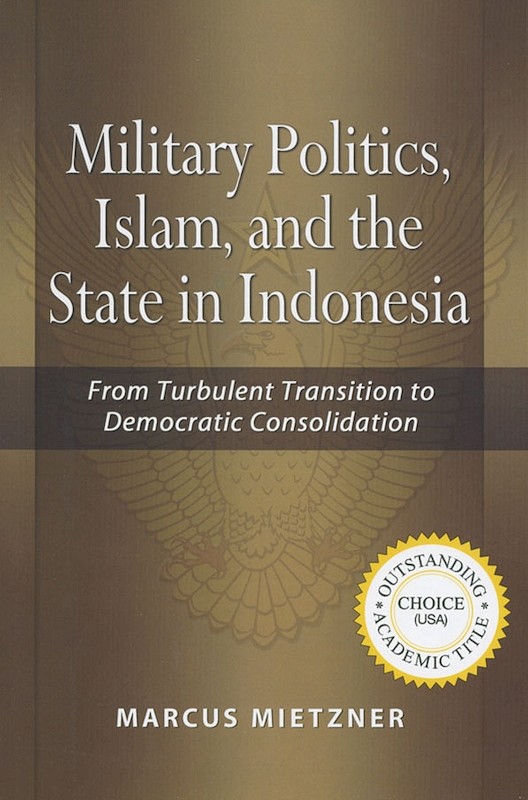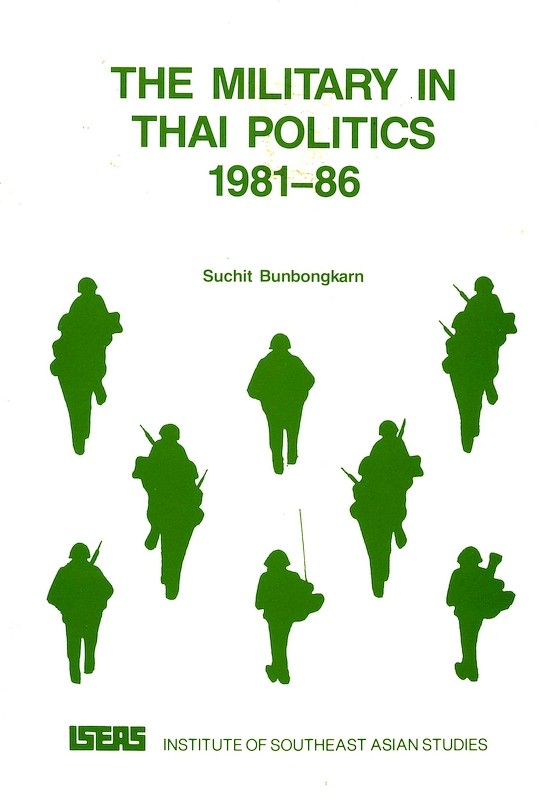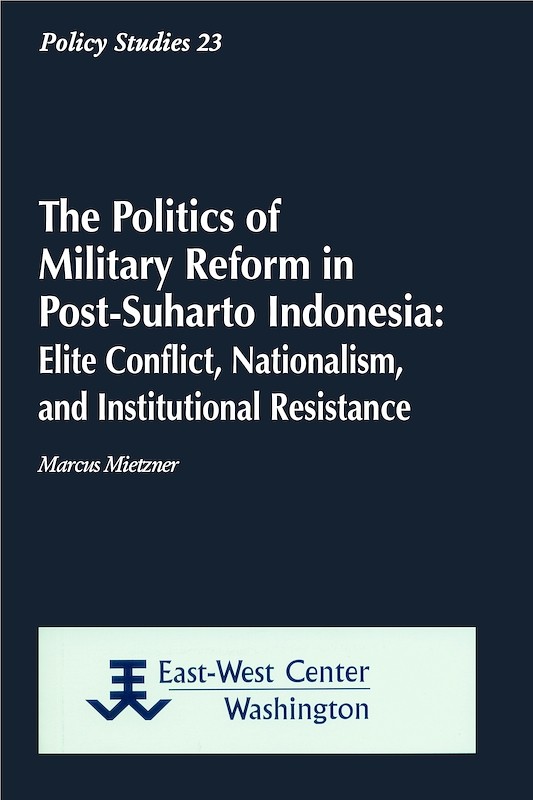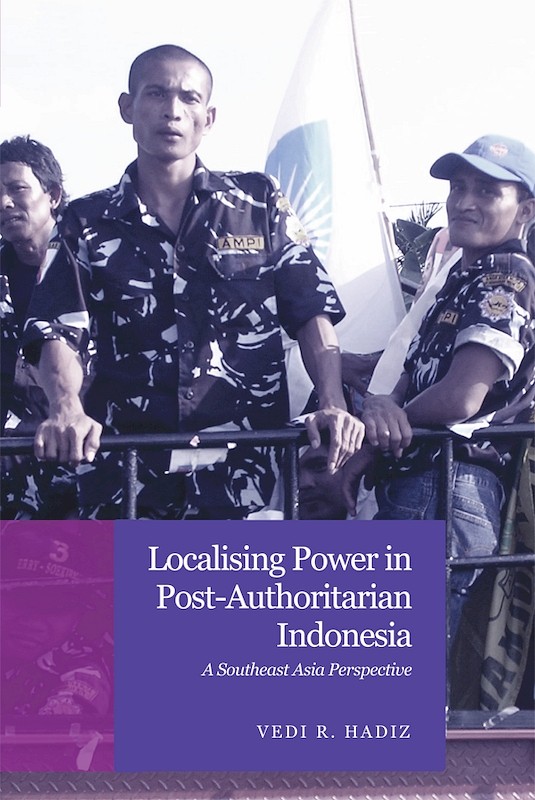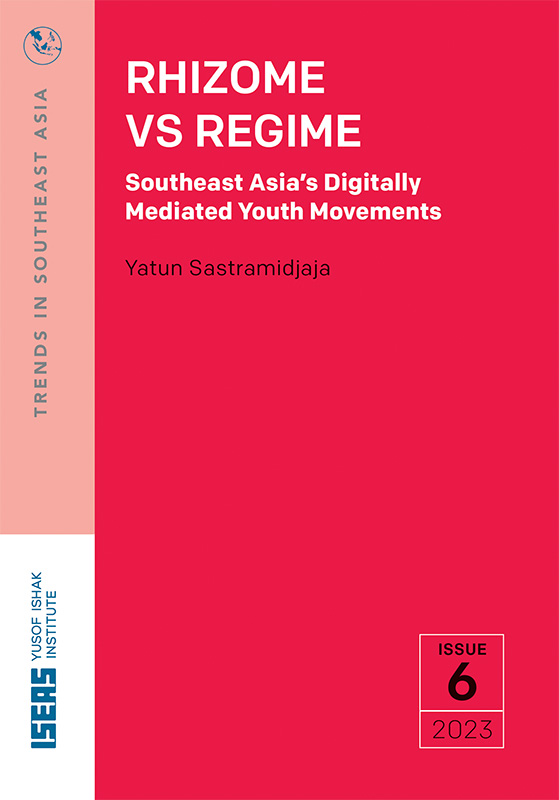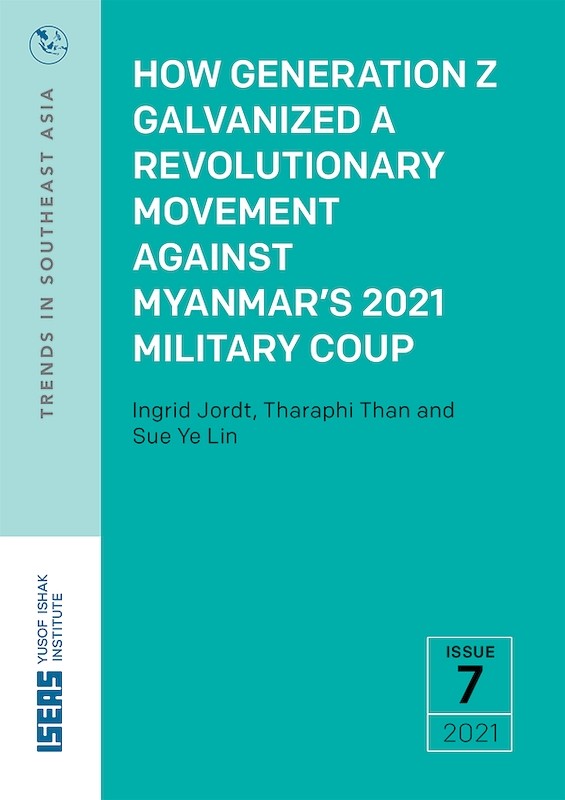Defect or Defend: Military Responses to Popular Protests in Authoritarian Asia
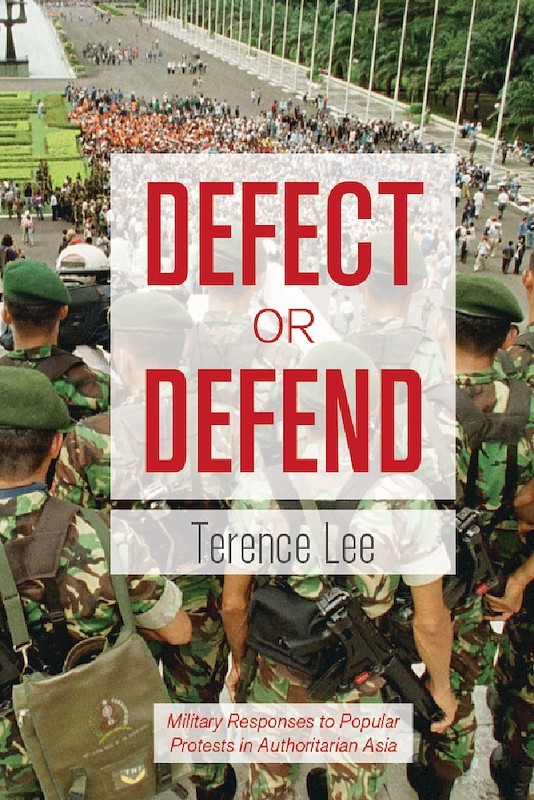
Terence Lee, author
Date of publication:
2015
Publisher:
Johns Hopkins University Press/ISEAS – Yusof Ishak Institute
Number of pages:
252
Code:
BM532
Hard Cover
ISBN: 9789814695312
Reviews
Sana Jaffrey, Bijdragen tot de Taal-, Land-en Volkenkunde 172 (2016): 575 - 77
".... The book's arguments are presented clearly, and historical evidence used to support the main conclusions demonstrates the author's impressive command of four diverse cases.
Defect or Defend makes several critical contributions to the literature on political transitions. In a marked departure from dominant theories that claim personalistic regimes are least vulnerable to infighting, Lee claims that the exercise of discretionary power by a personalist dictator fosters more factionalism within the armed forces. Furthermore, the argument engages a growing body of scholarship that focuses on the divergence of elite interests to explain regime transitions. While existing literature mostly assumes that the military will do the political elites' bidding, evidence presented in the book proves that this is not always the case. Although it primarily draws on evidence from cases in Asia, the book's theoretical insights will be of interest to scholars who study authoritarianism and democratization in other parts of the world."
About the publication
Although social movements and media can destabilize authoritarian governments, not all social protest is effective or culminates in the toppling of dictatorships. Frequently, the military's response determines the outcome.Terence Lee uses four case studies from Asia to provide insight into the military's role during the transitional phase of regime change. Lee compares popular uprisings in the Philippines and Indonesia -- both of which successfully engaged military support to bring down authoritarian rule -- with protest movements in China and Burma which were violently suppressed by military forces. Lee's theory of "high personalism" and power-sharing among the armed forces leadership provides a framework for understanding the critical transitory phases of democratization.
Co-publication: Johns Hopkins University Press/ISEAS – Yusof Ishak Institute
Co-published by ISEAS–Yusof Ishak Institute for distribution in Asia

